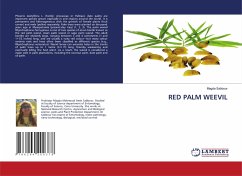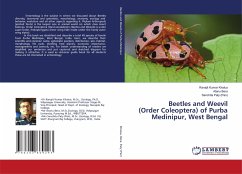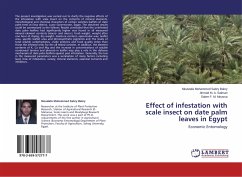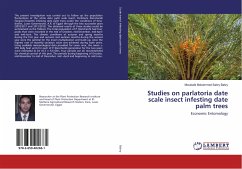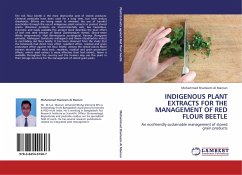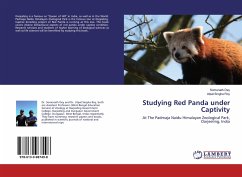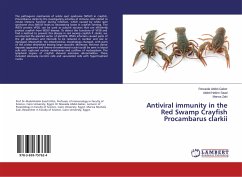Phoenix dactylifera L. (Family: Arecaceae or Palmae), date palms are important species grown especially in arid regions around the world. It is permanent and heterogeneous with the growth of female plants (fruit carrier) and male (pollen) separately. Palm trees were planted six thousand years ago in Mesopotamia (present-day Iraq) (1, 2, 3). The palm weevil Rhynchophorus ferrugineus is one of two species of snout beetle known as the red palm weevil, Asian palm weevil or sago palm weevil. The adult beetles are relatively large, ranging between 2 and 4 centimetres (1 and 1+1/2 inches) long, and are usually a rusty red colour-but many colour variants exist and have often been classified as different species (e.g., Rhynchophorus vulneratus). Weevil larvae can excavate holes in the trunks of palm trees up to 1 metre (3.3 ft) long, thereby weakening and eventually killing the host plant. As a result, the weevil is considered a major pest in palm plantations, including the coconut palm, date palm and oil palm.

